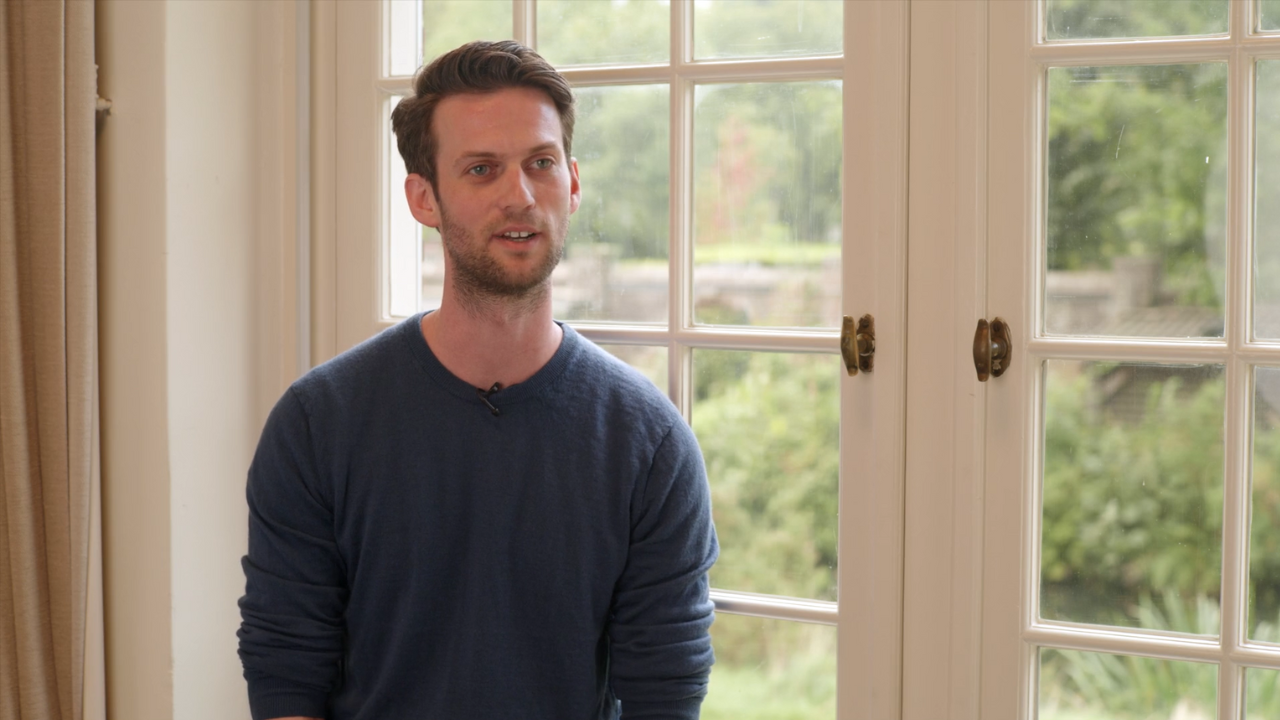Data Scientist: Wout
Are you wondering what it would be like to work as a Data Scientist at Julius Clinical? In this interview, you will meet our colleague Timo who tells you all about his job.
Why did you decide to join Julius Clinical?
I decided to join Julius Clinical because I wanted to contribute to COVID-19 research and was looking for a new opportunity in the medical research field. After completing my studies in Methodology and Statistics and obtaining a PhD in Statistical Epidemiology, I was keen to apply my expertise in the Healthcare field as I find it important that my work has a positive societal impact. Following several years working as a Data scientist on Health-related projects at a data science consultancy company, I was eager to use my experience to help out with the COVID-19 crisis. At Julius Clinical I have the opportunity to work on a large consortium project investigating innovative methods for the detection of a SARS-CoV-2 infection: COVID-RED. In addition, I am involved in other clinical trials and real-world evidence projects which fit my background very well.
What does a typical working day look like for you?
The tasks that I do are quite diverse, which is something I enjoy. During the last year, I have mostly been involved in the COVID-RED consortium project, contributing to all statistical and data management aspects of it. This includes quite some project management work, where I have had to think outside the box and use my creativity when discussing potential solutions with the many different partners involved in the project. We continuously had to adapt the study to the changing circumstances due to the COVID-19 pandemic. I also assisted in deciding what data we wanted to collect, how we would design the study and how we would analyse the data for the project. For this last activity, I get to write programming scripts in both R and Python to achieve the desired output. Overall a typical working day for me includes a little bit of all of the above.
What is your favourite part of the job?
The diversity of my job is something I really enjoy. On one hand, I like to use my creativity to suggest solutions to obstacles that we encounter, and on the other hand, I really enjoy working with data, programming advanced statistical analyses, and visualizing them.
What skills have you found vital within your role as Data Scientist?
It is very useful to have experience with statistical analyses and programming when working as a data scientist in this industry. While programming experience in R, Python and/or SAS is ideal, I think you can also learn the basics of these quite quickly if you are already familiar with other programming languages. Regarding soft skills, it is important that you are willing to solve problems, and that you enjoy collaborating with your colleagues and external partners. This requires good communication and social skills and a proactive attitude. This is something that is also really encouraged by Julius Clinical.
What is the culture at Julius Clinical like?
Although I’ve worked predominantly from home since I started working for Julius Clinical, I feel that the company culture is much more relaxed and informal than the website suggests. The culture is very open and everyone is approachable.
Julius Clinical also puts in a lot of effort to keep people connected by organizing diverse events; both online and offline. For example, during the COVID-19 pandemic, they organized online events to maintain the team spirit. At Julius Clinical people are very helpful and there is a lot of cooperation, also between the different departments. Although Julius Clinical does have the hierarchy that is typical for the clinical trial industry, this does not influence the ability to approach anyone in the company.
Where do you see the industry going in the coming years?
The industry is increasingly becoming aware and trying to take advantage of the large amounts of clinical data that is continuously being collected on a large scale (for example in electronic medical records). Leveraging the potential of these existing sources of data for clinical research through real-world evidence studies could significantly change how clinical research is conducted. In addition, I think that the Covid-19 pandemic has opened our eyes to the possibilities of performing (partially) remote or decentralized trials using medical devices such as wearables where contact between the investigator and the subjects or patients is limited.
We would like to thank Timo for taking the time to give us a glimpse into the role of Data Scientist at Julius Clinical. Do you want to know more? Or do you have a question for Timo? Don’t hesitate and get in touch!

